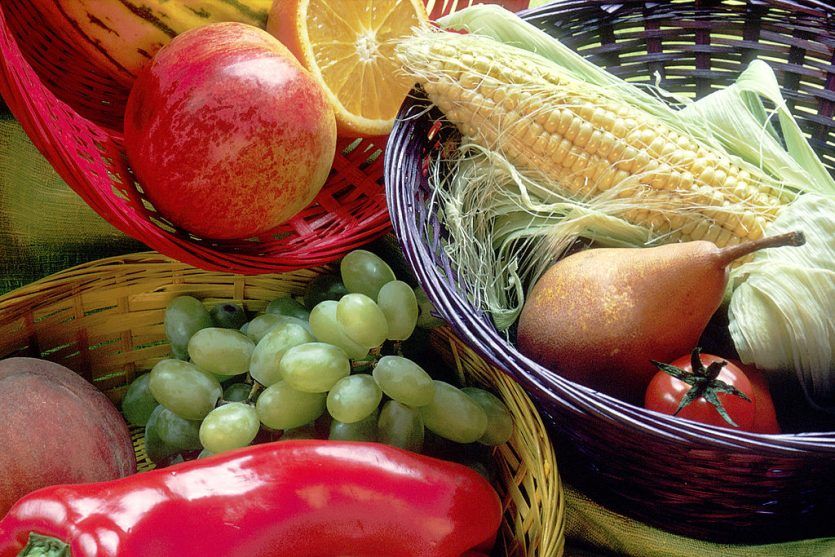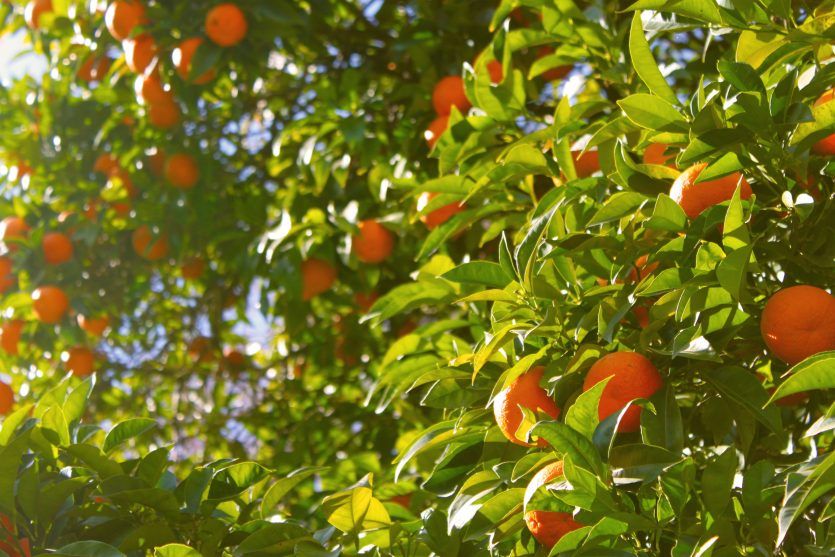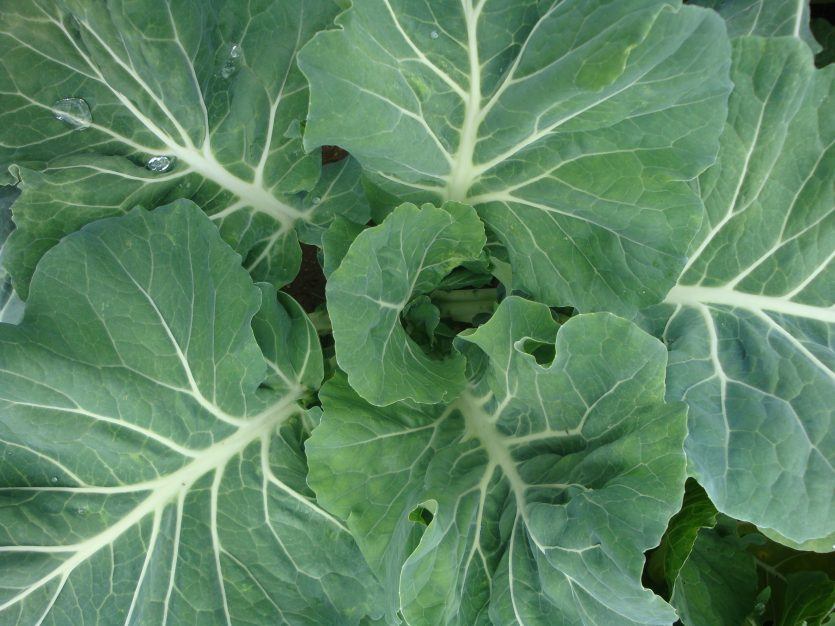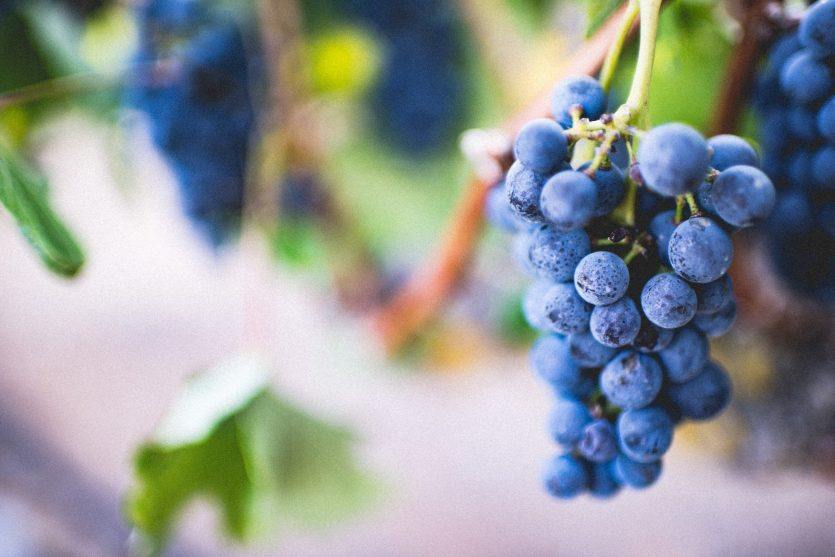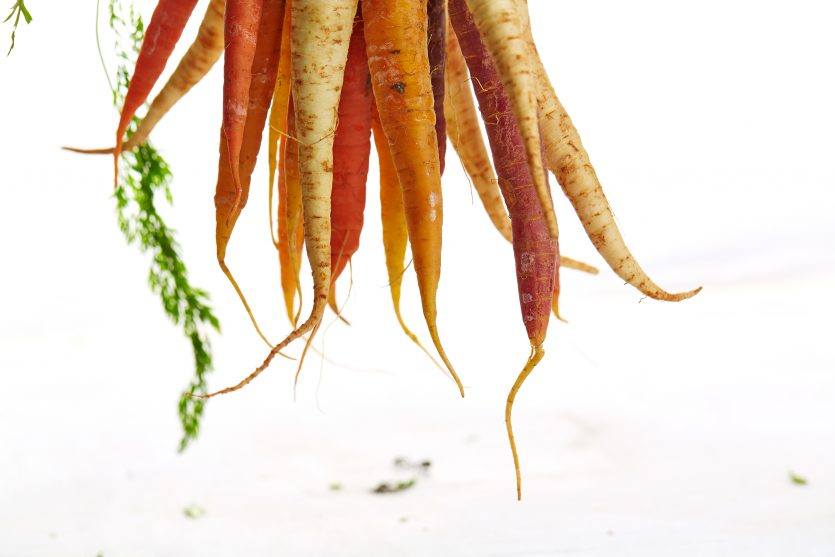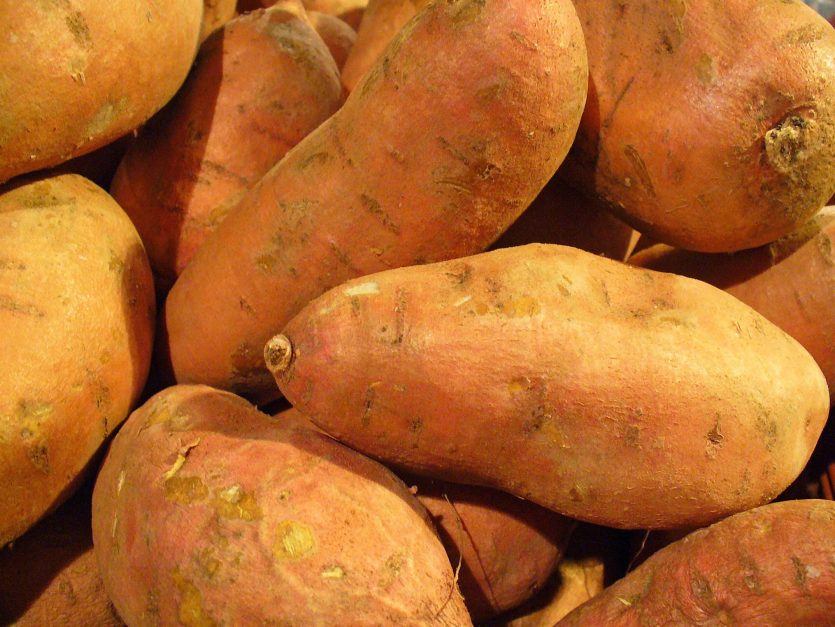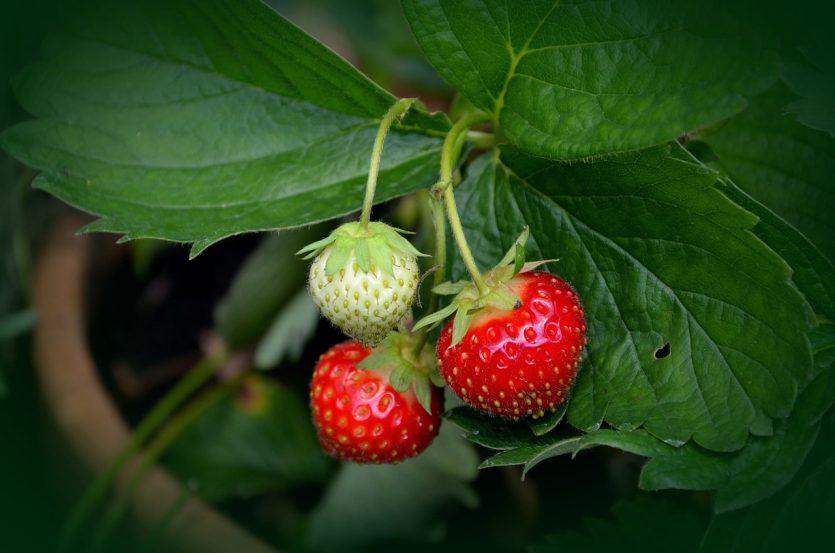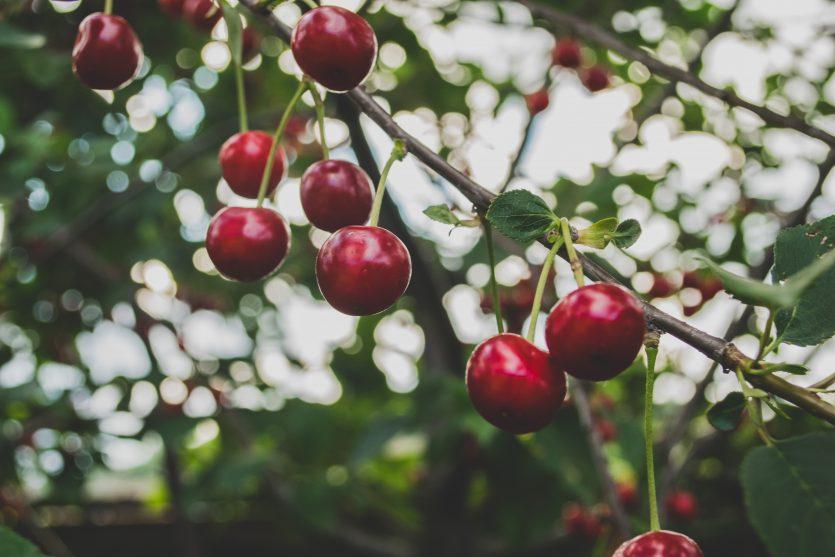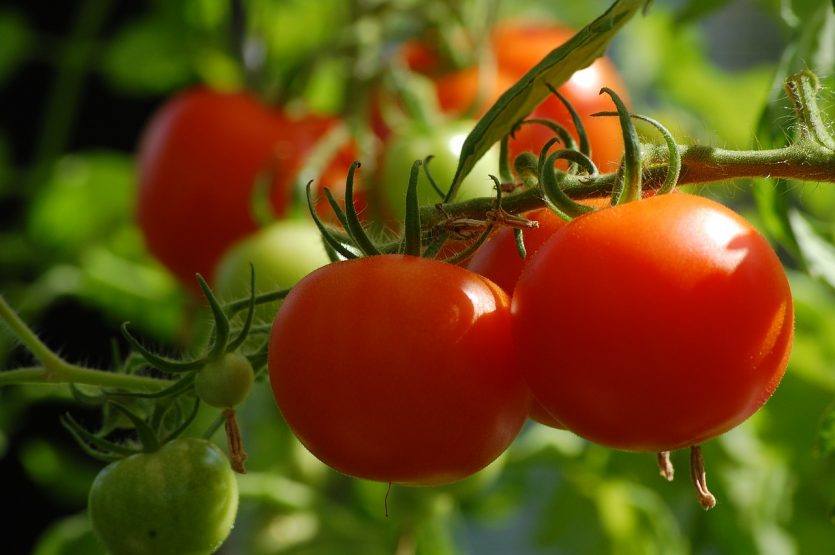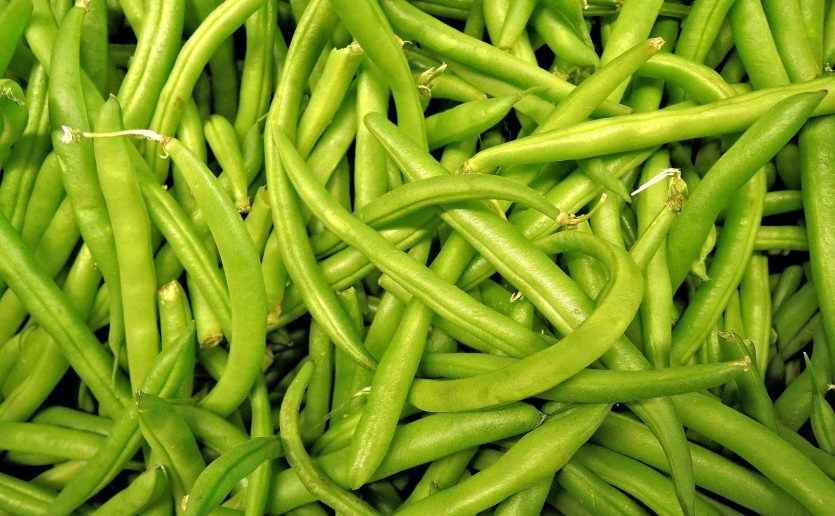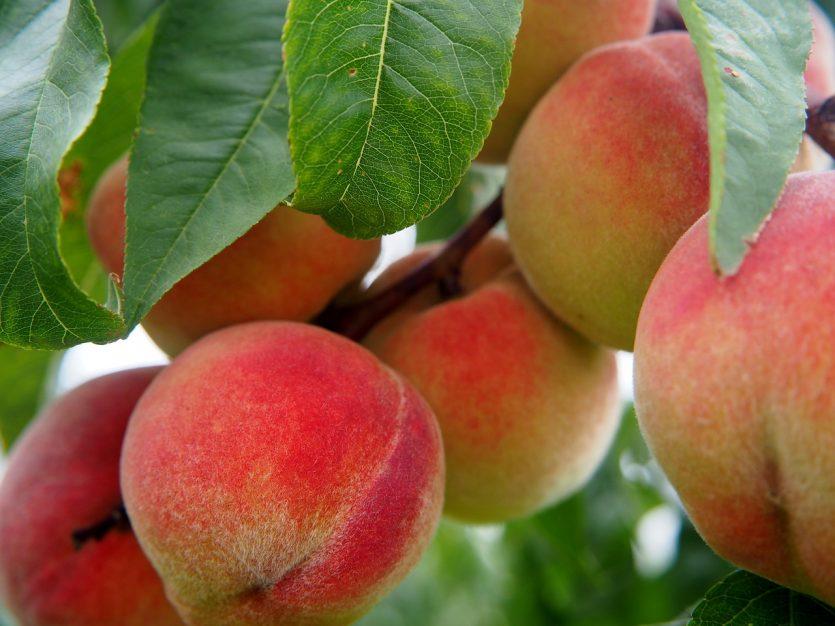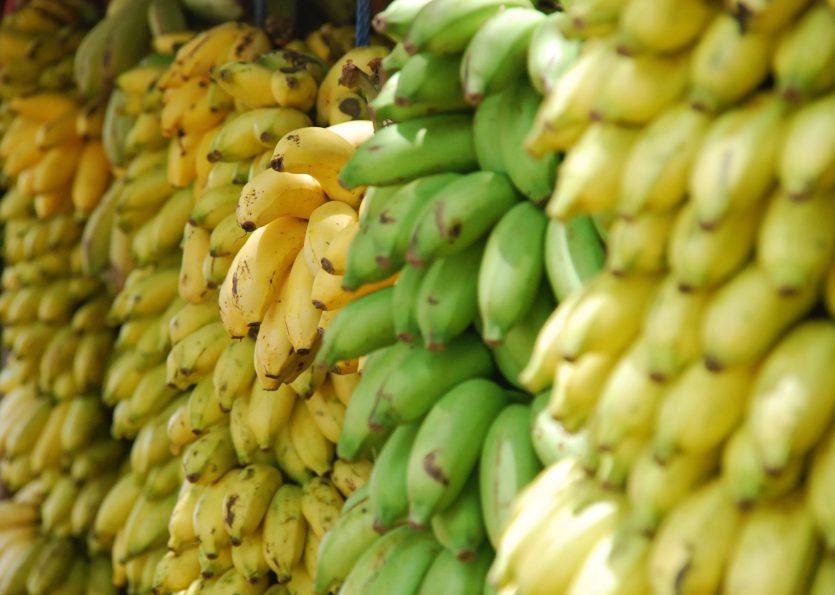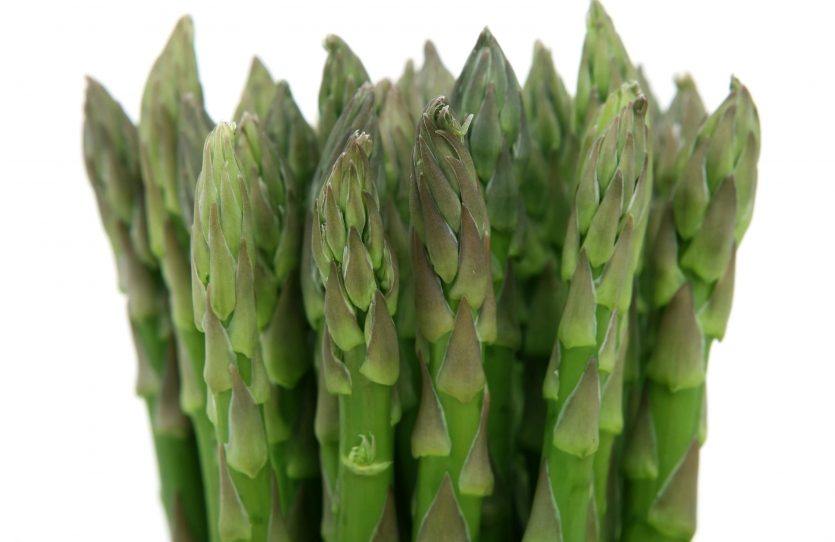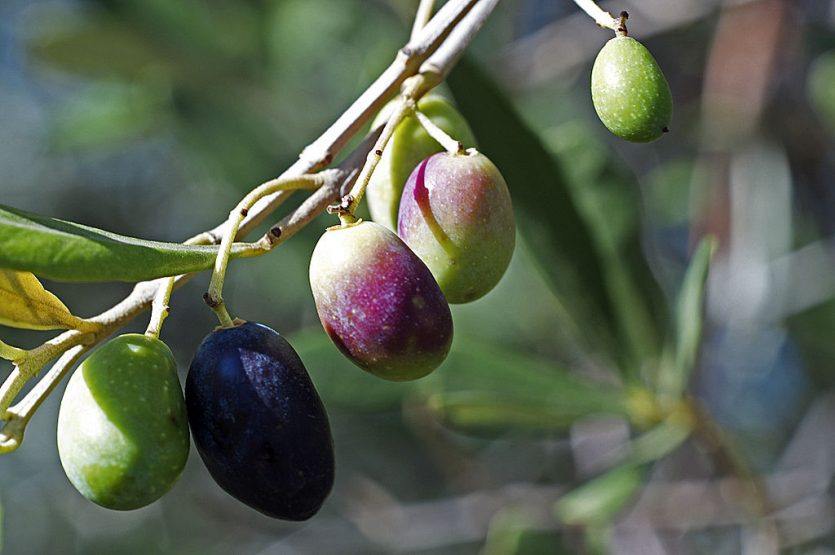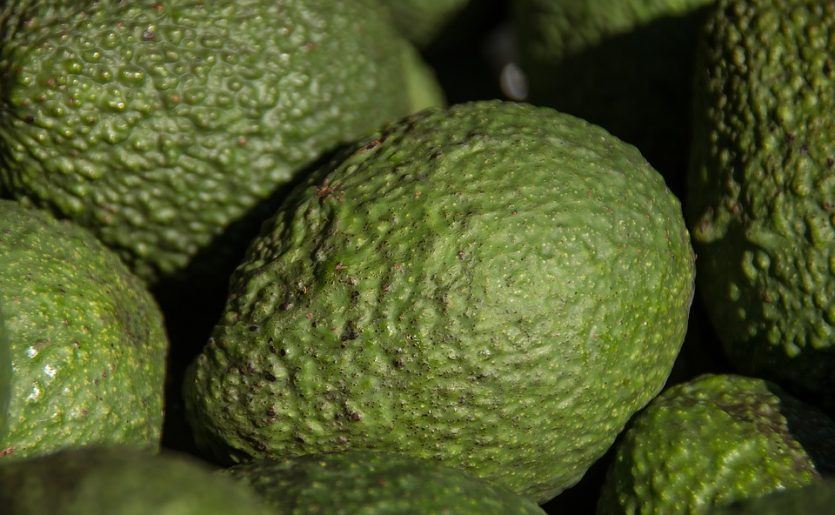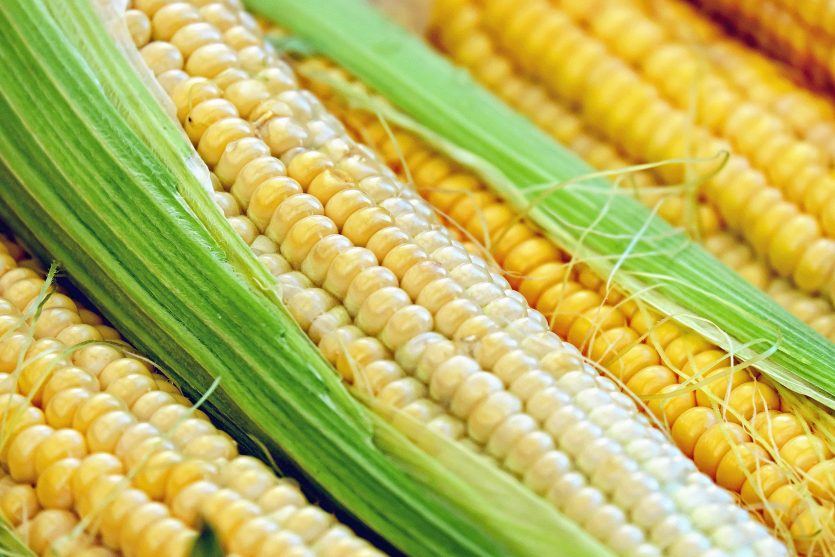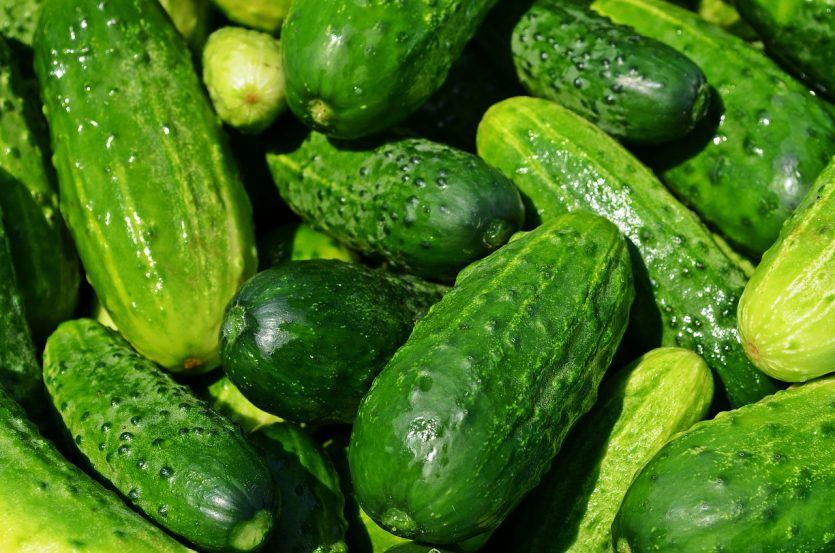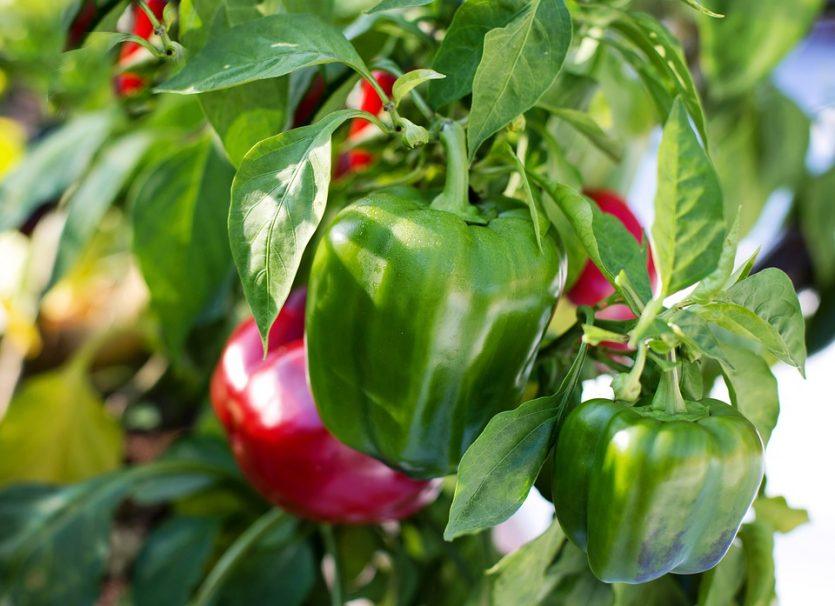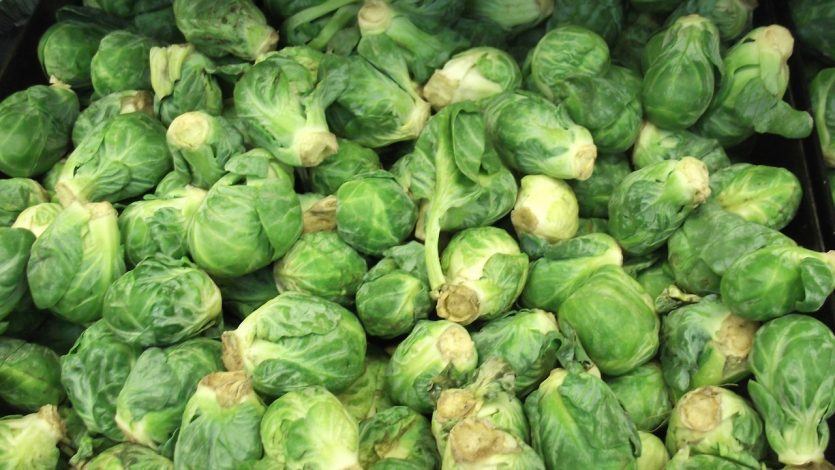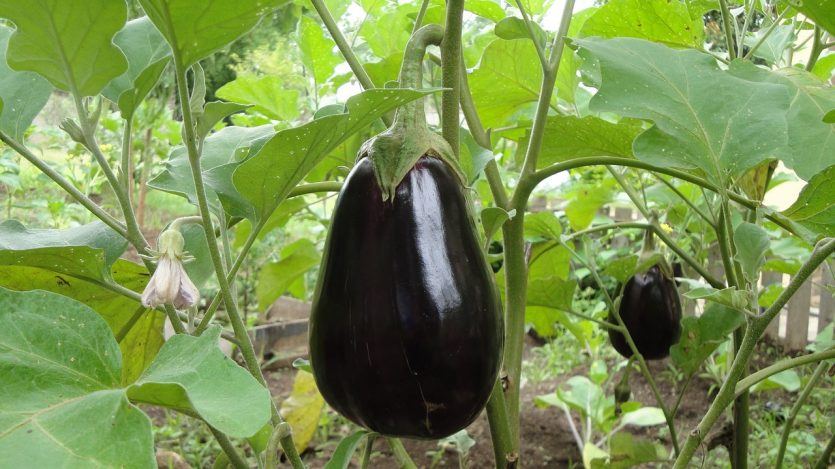Fruits vs Vegetables: Can You Tell Which is Which?
In the battle for plant supremacy—fruits vs vegetables—you always win. Filling up on plants is a big part of a healthy diet. They’re full of healthy phytonutrients, fiber, vitamins, and minerals. And you get a lot of nutritional bang for your caloric buck.
That’s why you’re supposed to get at least two to three cups (455-680 grams) of vegetables and one-and-a-half to two cups (385-455 grams) of fruit per day. But do you know the difference between fruits and vegetables? Can you pick out which vegetables are really fruits in disguise?
It’s harder than you might think to identify the plants that are botanically fruits vs vegetables. That word “botanically” is the key. Plenty of fruits are treated as vegetables in a culinary sense, but what are they from a scientific perspective.
Before you start, here’s a hint to help you distinguish fruits vs vegetables. Botanically, fruits are defined as a ripened ovary (fleshy product of a tree or plant) that contains seeds from one or more flowers. And a vegetable is a plant or part of a plant used as food.
Hopefully those definitions help you out. Now it’s time to try your hand at picking fruits vs vegetables.


